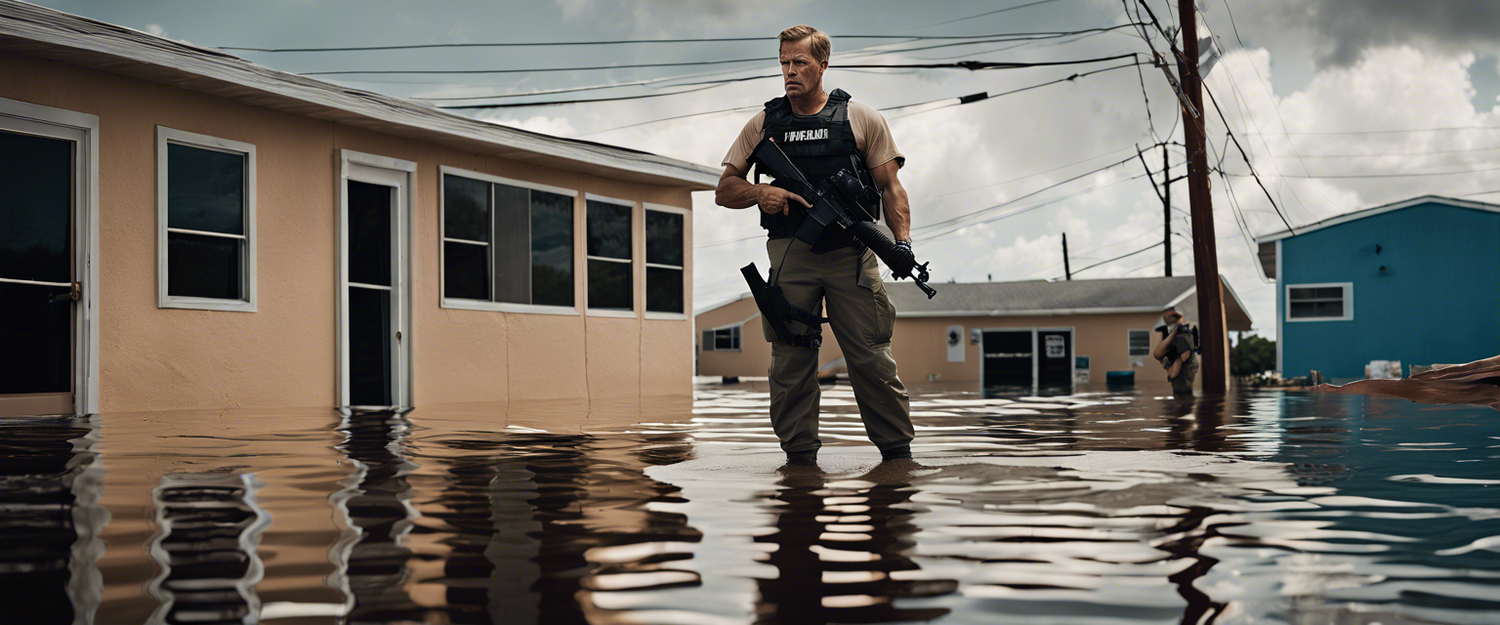FEMA Faces Violent Threats Amid Hurricane Recovery Efforts
The aftermath of hurricanes Milton and Helene has left FEMA employees scrambling to respond to the devastating destruction. However, they are now confronted with an alarming new challenge: violent threats circulating on social media. Reports from nonprofit Media Matters for America highlight that TikTok posts either inciting violence or celebrating unverified claims regarding attacks on FEMA personnel have amassed millions of views.
The Scope of the Problem
According to the Institute for Strategic Dialogue (ISD), social media platforms like X (formerly Twitter) have become breeding grounds for violent threats against FEMA. “This content is reaching millions of people and, in some instances, poses a credible risk to public safety,” the ISD report emphasizes.
Misinformation Fuels Distrust
The spread of misinformation on social media has significantly contributed to a growing distrust in FEMA. This skepticism poses a substantial obstacle to their recovery efforts in the wake of hurricanes Helene and Milton. FEMA Administrator Deanne Criswell expressed concerns during a Tuesday call with reporters, stating, “If it creates so much fear that my staff doesn’t want to go out in the field, then we’re not going to be in a position where we can help people.” Furthermore, she noted the potential repercussions of distrust, emphasizing that individuals may refrain from applying for assistance, which hinders the provision of necessary aid.
Concerning Social Media Activity
One particularly concerning TikTok post, from a user with about 5,700 followers, drew attention with its alarming message. It stated, “Dear Feds and FEMA … if you violate your constitutional oath to protect and assist, the charge will be TREASON. Punishment can mean being unalived immediately by the citizens you are withholding aid from.” This post alone garnered over 204,000 views, exposing the dangerous rhetoric surrounding FEMA's operations.
Tackling False Claims
FEMA has found itself countering a barrage of false claims accusing the agency of confiscating donations meant for hurricane survivors and turning away volunteers. In response to this misinformation, FEMA recently launched a dedicated webpage for “hurricane rumor response” to address and dispel these misleading narratives.
Violent Rhetoric on Social Media
Despite the removal of some threatening content, users continue to post similar videos. One TikTok video, still online, claimed, “FEMA is not your friend ... If a fed tries to exercise their nonexistent authority, do what you need to do to survive.” Such content perpetuates fear and hostility toward federal disaster response efforts.
The Role of Major Social Media Platforms
Social media platform TikTok has claimed to be proactively addressing misinformation, with a spokesperson stating, “We immediately removed all content in the report and are proactively working to keep misinformation off TikTok and connect people to reliable information from FEMA.” However, the ongoing presence of threatening and false information raises questions about the effectiveness of these measures.
Political Implications and Right-Wing Conspiracy Theories
FEMA has long been a target of right-wing conspiracy theories, a trend that appears to intensify in the lead-up to elections. Administrator Criswell has indicated that this misinformation necessitates additional staffing and efforts to counter false narratives. “We do believe that the volume of misinformation is starting to go down, but we need to continue to now, remain focused on what our mission is and that our mission is here to help people,” she stated in a recent press briefing.
Conclusion
The situation surrounding FEMA and its employees in the wake of hurricanes Milton and Helene underscores the urgent need to combat misinformation and threats on social media. Continued vigilance and proactive measures are essential to protect both the agency's personnel and the communities they serve.



اترك تعليقًا
تخضع جميع التعليقات للإشراف قبل نشرها.
This site is protected by hCaptcha and the hCaptcha Privacy Policy and Terms of Service apply.